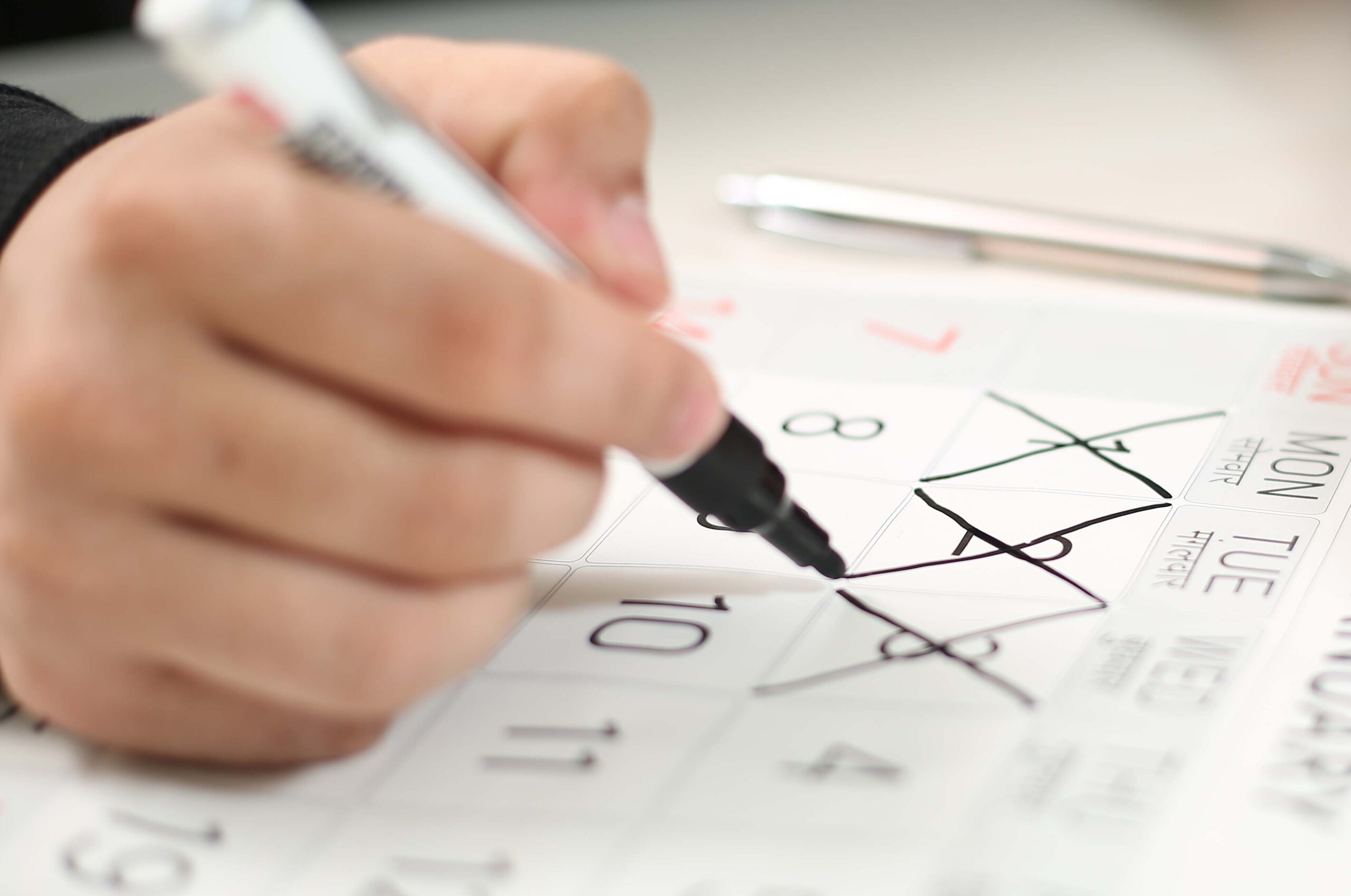Spokesperson for PM confirms changes will not be made
Credit: Jack Sem/CC BY 2.0 – Image has been cropped
Downing Street has said that the NHS Covid-19 contact-tracing app will not be adjusted to be made less sensitive.
With the weekly tally of people receiving exposure notifications via the app having risen to more than half a million – and with plans to shortly remove isolation requirements for fully vaccinated people – ministers last week indicated that changes were likely to be made to the technology’s algorithm in light of yesterday’s complete removal of all restrictions on social contact.
Currently, alerts are typically issued when a device’s Bluetooth signal detects a contact of 15 minutes at a distance of less than two metres. Although no detail was provided on the extent to which this might be changed, transport secretary Grant Shapps was one of several senior government figures to claim that alterations to the app’s algorithm were inevitable.
“As our restrictions change, of course the app needs to change,” he told the BBC last week.
Shapps added: “The medical experts will advise us on what the level of sensitivity should be relative to where we are, for example, to our vaccination programme overall. We will follow scientific advice, keep this under review and tweak the app to be suitable to the circumstances of the time – double vaccination, for example, being at record highs in this country.”
However, plans to adjust the app’s workings have now been ditched, a spokesperson for the prime minister confirmed yesterday.
Related content
- Vaccine status prompts millions to download NHS app
- Government tapped fleet of £1,300-a-day AWS consultants to advise on contact-tracing app
- NHS ‘improves accuracy’ of contact-tracing app as downloads near 20 million
“We recognise that with high cases that also means a high number of people being required to isolate and that does present significant challenges to businesses,” the spokesperson added. “We need to strike the right balance between protecting lives and livelihoods. That’s why we believe it is entirely right that people asked to do so do isolate, because we know it prevents onward transmission and eases pressure on our NHS, which is facing a significant challenge.”
Currently, anyone who comes into contact with someone who then tests positive for the virus within the next few days is instructed to self-isolate.
If this instruction comes via Test and Trace staff, then adhering to it is a legal requirement. Instructions issued via the app are considered advisory, as there is no real means of enforcing them.
“Users of the official NHS Covid-19 contact tracing app are anonymous,” the government has previously said. “We cannot force them to self-isolate or identify them if they are not self-isolating.”
Due to the anonymity of the app, there is also no way for the technology to access information on whether a user has been vaccinated.
Once the advice for self-isolation changes on 16 August, and those who are fully vaccinated are no longer required to isolate, contact alerts issued via the program will simply ask users whether they have been vaccinated.
If the user then indicates that they are fully immunised – meaning they received their second vaccine dose more than two weeks previously – the isolation countdown timer will be turned off and will no longer display. The user in question will, instead, be directed to advice on whether they need to take a test; everyone who tests positive for the virus will still be required to isolate, regardless of vaccine status.
Users who indicate that they have not yet received both jabs will be instructed to self-isolate immediately and for the duration of the required time period, which will be marked on the timer.
In the meantime, fears have been raised that many users will delete or disable the app to avoid being caught in the so-called ‘pingdemic’.
As cases have risen in recent weeks, the number of alerts being issued has climbed dramatically.
During the last week of April and the first three weeks of May, a total of between 9,000 and 10,000 alerts were sent each week. By the beginning of June, this had reached almost 50,000 and then, for the week ending 16 June, 150,000 alerts were sent. Since then, the figure has risen to 220,000, then onto 350,000, before increasing to 520,194 for the first week of July.
Data has previously shown that, as of the end of the April, 16 million people across the UK had “fully or partially enabled” the NHS Covid-19 app on their phone. This figure, which included those who had turned off the technology’s contact-tracing capability, was almost a third lower than the 23.3 million downloads the app had clocked at that point.
That figure has since risen to 26.6 million. But, when asked this week, a Downing Street spokesperson failed to provide a number on how many people have deleted the app.
“The stats we have are on the number of people that downloaded the app,” they said.



